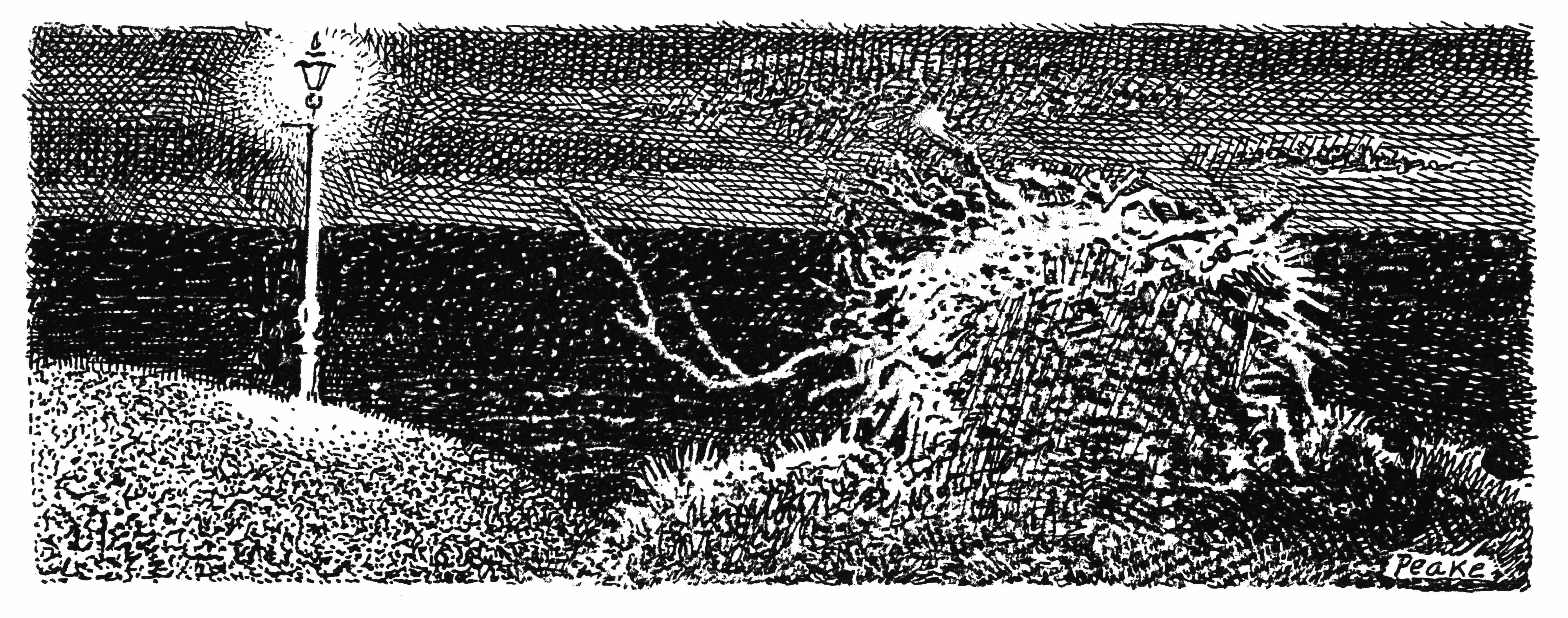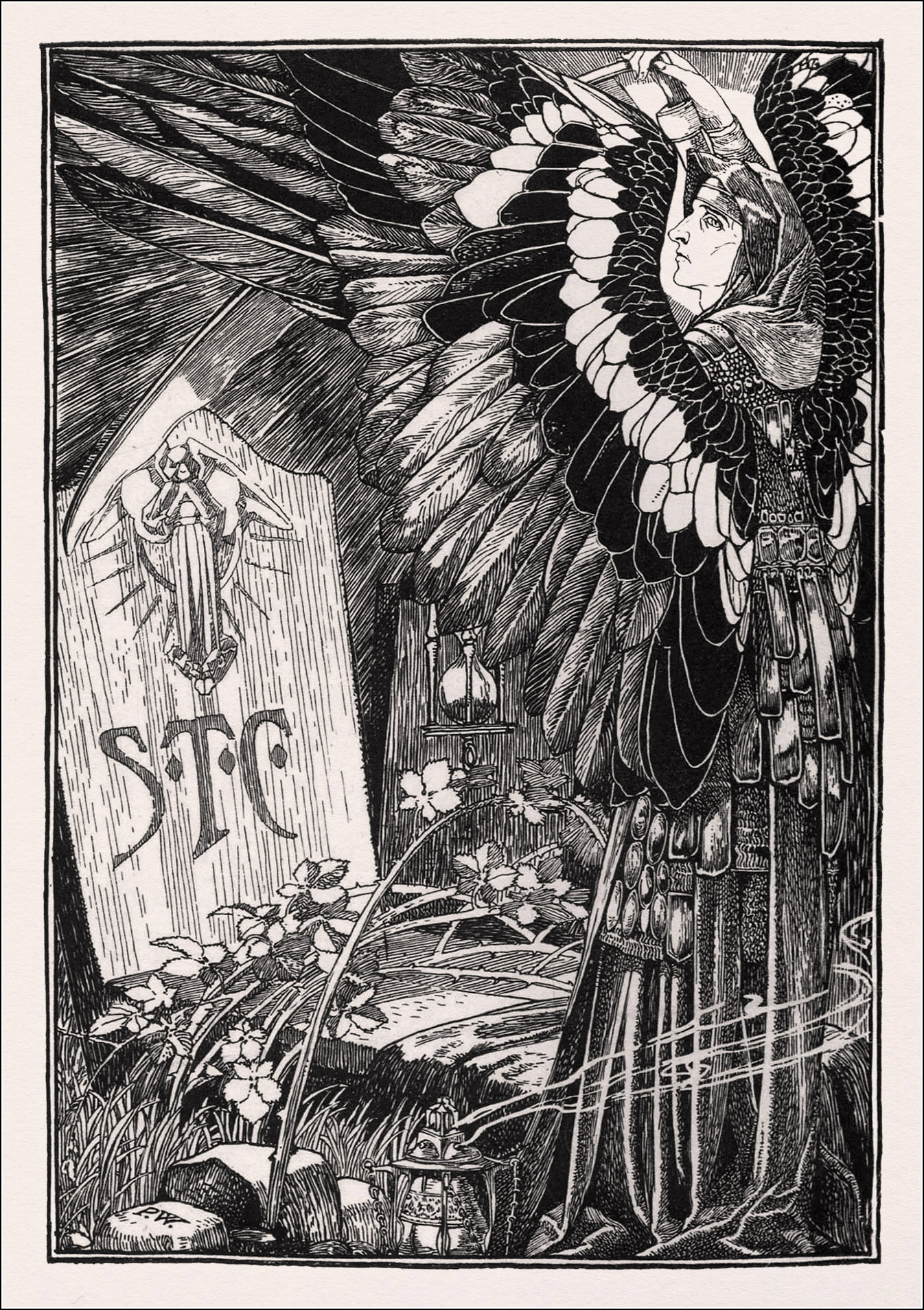Extollager
Well-Known Member
- Joined
- Aug 21, 2010
- Messages
- 9,271

I've mentioned STC as a literary forbear of Arthur Machen --
https://www.sffchronicles.com/threads/547803/

It seems to me that Coleridge doesn't receive the attention he deserves from readers who concern themselves with weird fantasy, since one could argue that he founded the genre, in The Rime of the Ancient Mariner and Christabel, as well as being the founder of Dunsanian fantasy in Kubla Khan. I'm tempted to overstate and say: No Coleridge, no Poe; no George MacDonald (Lilith, Phantastes, Photogen and Nycteris, etc.); no Dunsany; no Lovecraft, no Clark Ashton Smith, hence not their heirs. The latter authors all come out of Coleridge in some degree. You tell me where they'd all have come from if Coleridge had not been....

But possibly tendentious assertions about influence aside -- Coleridge is very much worth reading for his own sake, and I hope we will read him and discuss him here.

PS The picture at the very top is for something by Kipling, but I put it here because I liked it and because it seemed a bit Coleridgean too.



